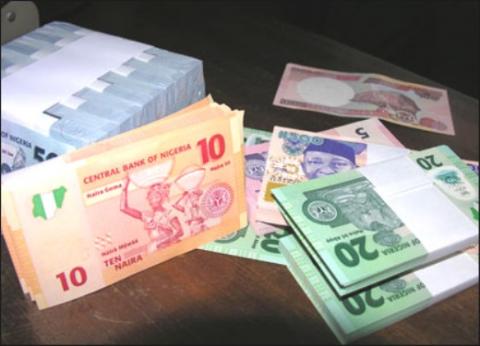Foreign investment in Africa this year is on course to be the highest flow of international money into the continent since the 2008-2009 economic crisis, according to a new report.
The African Economic Outlook report published by The African Development Bank, the OECD and the UN, suggested a positive future for the African continent, stating that “Africa is showing resilience to regional and global headwinds as well as attracting investors”.
The report also stated that “Foreign investment, direct and portfolio, has now fully recovered from the effects of the global financial crisis”. The report explains that flows of foreign investment are set to rise higher than the record peak set in 2012 to a figure of $84.3 billion.
less than fifteen years ago, Africa was registering negative portfolio flows as investors began to withdraw their money from the continent. However, this year, portfolio investments including equity and bonds are expected to rise to nearly $24.1 billion, which would be an all time record.
Africa’s growing investment market is helping to lure many well-known investors to the continent. Goldman Sachs, Unilever and Nestlé are all among the institutional investors and multinational corporations pouring huge sums of money into the continent. Many have dubbed the cycle of strong economic growth and improved governance ‘Africa rising’, something which is sure to please the continents governments.
Investment giants the Carlyle Group has recently stated that it has closed it’s maiden African private equity fund at $700 million, this figure is 140 per cent of their original target. This is clearly helping to attract other major investors as Singaporean state fund Temasek have recently announced their first major investment in the continent’s biggest economy, Nigeria.
On Africa’s financial future, the report says that “If the current pace of growth is sustained, foreign direct investment and portfolio investment could soon constitute Africa’s main source of financial flows”. Currently, Official aid, which is under pressure due to the European economic situation, is the biggest source of financial flow on the continent.
Whilst the African Economic Outlook report paints a positive picture on the future of Africa, the International Monetary Fund has voiced it’s irritation with the continued use of the phrase ‘Africa Rising’ as they believe it is in poor taste when you consider the massive debts of some African countries and the poverty of the general population of the continent. Caution has also been shown with some investors worried about growing insecurities in two of Africa’s biggest economic assets, Kenya and Nigeria.
The report has forecast that there will be a 4.8 per cent growth in the continent’s economy in 2014, up from 3.9 per cent in 2013. Next years figures are estimated to accelerate and rise up to approximately 6 per cent, levels not seen since before the onset of the global recession.
“Africa’s medium-term growth prospects have improved, on the back of broader political and social stability at home and recovering economic conditions abroad”. However, the report was not all positives, and included a warning that “important challenges” remain, referring to growing inequality of income and security issues in countries including Somalia, Libya and the Central African Republic.
Bradley Shore is an experienced investment blogger, he writes to influence and guide people in the right direction, his recent work for Emerald Knight Investments shows this off.





